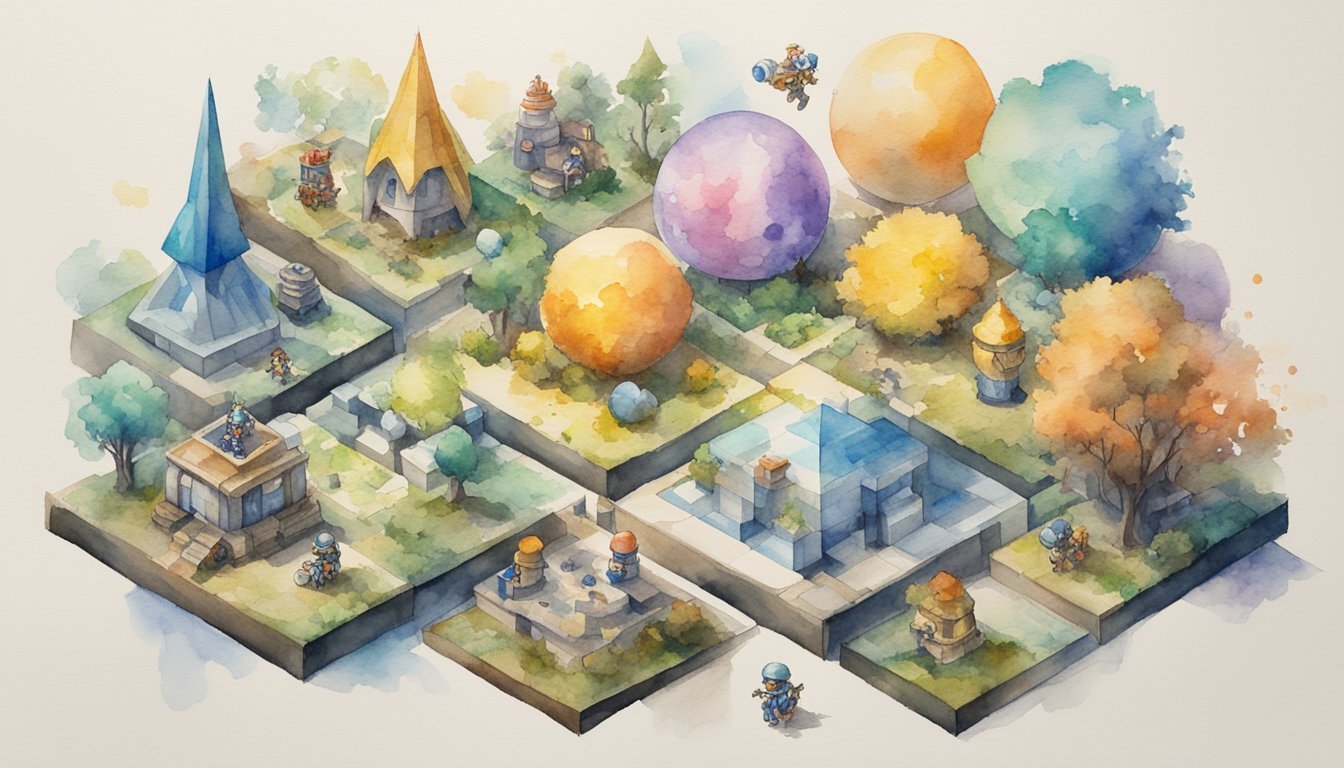Cognitive Benefits of Video Game Play
Video games have been shown to enhance various cognitive functions across different genres and gaming intensities. These advancements in cognition range from improved memory and problem-solving to better attention and multitasking skills. Research suggests that action games, for example, can enhance spatial awareness and decision-making speed, while strategy games promote critical thinking and planning abilities. Additionally, playing video games may serve as a cognitive distraction, potentially mitigating stress-related factors that negatively affect memory. This raises an interesting question: can depression cause memory loss, and if so, could certain types of gaming help counteract these effects by providing mental stimulation?
Boosting Brain Function and Learning
Engaging with video games requires the use of various cognitive skills, which in turn can promote brain function and learning. Interactive and complex game environments demand that players learn quickly and adapt to new challenges, potentially increasing gray matter volume in regions of the brain involved in spatial navigation, memory formation, strategic planning, and fine motor skills of the hands.
Enhancing Attention and Perception
Video games, particularly action games, have been linked to increased attentional control, allowing players to focus more effectively on specific tasks. They also improve perceptual skills, such as visually tracking multiple objects in a busy environment, which can be a valuable skill in both academic and professional contexts.
Improving Memory and Problem-Solving Skills
The dynamic and often unpredictable nature of video games can enhance memory, reasoning, and problem-solving abilities. Tasks that require players to navigate complex environments, track narrative elements, and solve puzzles may stimulate cognitive flexibility and refine decision-making skills. These improved cognitive functions may contribute positively to one’s intelligence and executive function skill, potentially influencing academic success.
Game Types and Their Unique Cognitive Impacts

Recent research points to the fact that different types of video games can have varying effects on cognitive abilities. Each genre tends to target specific cognitive skills, ranging from strategic thinking to quick decision-making.
Strategy and Puzzle Games
Strategy and puzzle games, according to evidence from a systematic review, can be greatly beneficial to the brain. These genres often require a player to reflect critically on their decisions, engage in problem-solving, and exercise their planning abilities. Games like “World of Warcraft” or sandbox games tap into strategic thinking, while puzzle games can promote persistence through challenging gameplay.
Action and Adventure Games
Action and adventure games, especially first-person shooter games, are designed within ever-changing contexts which demand quick attention control skills and immediate feedback on the task performance. They provide a platform for players to enhance their information processing speed and improve various cognitive functions, such as interference control and cognitive flexibility, enabling players to better adapt to new situations.
Brain-Training and Nonviolent Learning Games
Brain-training applications such as “Lumosity” and “NeuroRacer” provide structured environments where repeated practice can lead to improvements in specific cognitive skills. Nonviolent learning games, available on platforms like the Apple App Store or Google Play Store, often incorporate challenges that facilitate cognitive training and executive function skills, thereby offering potential technology-based avenues for education and cognitive development.

